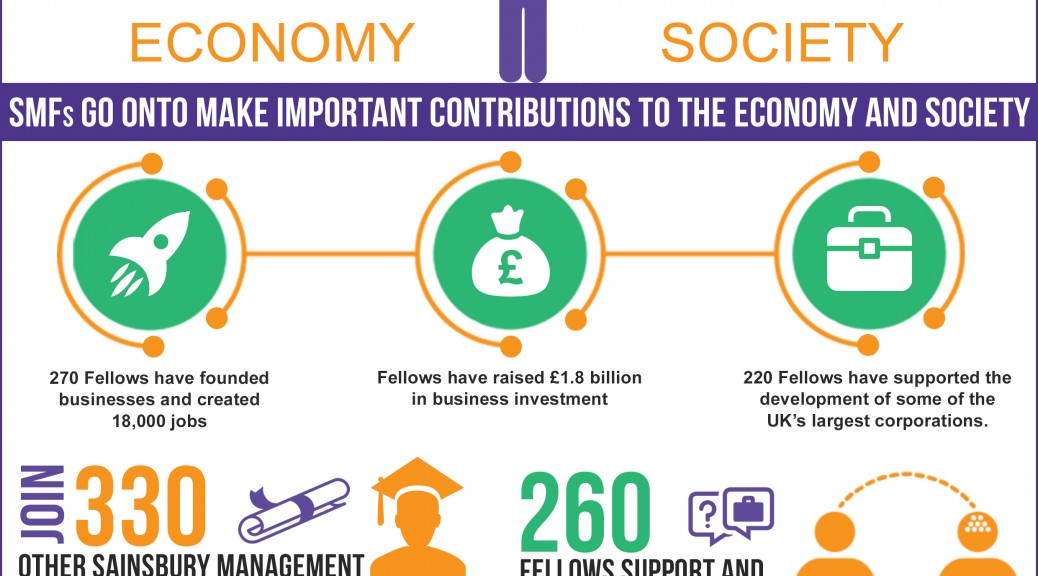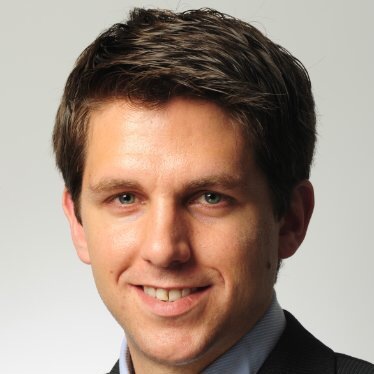Starting a new MBA course can be a daunting prospect. Most courses appreciate this and begin with an orientation week so that students can find their feet and prepare to get the most out of their course. Writing for the Financial Times, former MBA student Mehul Ruparelia recalls her first week:
“After the first weekend, we had orientation week, also popularly known as disorientation week. This was a week organised and run by alumni from the outgoing class, full of parties, team-building activities, organised sports, treasure hunts, presentations and more parties. The aim of orientation week was to let people get to know each other and to become more familiar with the campus and the surroundings. Orientation week culminated in a talent night where groups got to showcase their collective and individual talents in front of other students, faculty and alumni.”
Evaluation and preparation
Your first week of an MBA course is your chance to evaluate what your strengths and weaknesses are, and what you hope to achieve through study. The course itself, regardless of which institution you attend, is often described as a ‘sprint’, requiring an enormous amount of work. This first week is a chance to really reflect on what you need to improve in order to succeed.
You cannot achieve a goal without knowing what it is. That means your first week should also include time spent identifying what your life goals are, and what you require in order to reach them. Where should the focus of your study be? Who do you need to meet in order to learn what you need to know? These are the questions you need to be asking yourself because it will be difficult to take a step back and be objective once the course really gets up and running.
Meeting and networking
In the first week of your MBA, you are likely to meet many of the students you will be learning alongside, most of whom come from varied backgrounds and have different levels of experience. Many MBA students find that their fellow classmates are almost as interesting and useful as the course itself, so it is important to use the first week to try and get to know them. Think about what you are offering, too. What are you bringing to the table? Dig deep.
Don’t hold back
The first week on many MBA courses is about pushing boundaries. Students who learn to break the mould are much more likely to succeed in the world of business, which is why courses often include leadership courses and seminars alongside imaginative team-building exercises. There might be some trepidation at first, particularly with regard to the more physical challenges, but it is a great idea to ignore any jitters and fully take part in all the activities that interest you. It will also make it easier to learn other students’ names, something that will come in handy over the course.
Your first week on an MBA course will set the tone for the rest of your time studying. It’s vital to get things off on the right foot.
An SMF MBA Scholarship Awardee says…
 In 2017, Kofoworola Agbaje (MEng, Imperial College London) was awarded a £30,000 SMF Scholarship to study for an MBA at Wharton business school. Asked about her first impression of business school, she said: “I’m surrounded by amazing people and amazing opportunities. I have classmates that have climbed the highest peaks in the world, visited over 60 countries, speak five languages, worked in the FBI, started multiple businesses, sold their start-ups etc. The course is very extensive, a lot more work than I expected but the classes are very interactive and I get to learn from both my professors and other students. There is so much to do and a lot of activities to get involved in, I have joined seven student-run clubs and every day feels like a stretch experience. I’m loving the experience and taking it one step at a time.”
In 2017, Kofoworola Agbaje (MEng, Imperial College London) was awarded a £30,000 SMF Scholarship to study for an MBA at Wharton business school. Asked about her first impression of business school, she said: “I’m surrounded by amazing people and amazing opportunities. I have classmates that have climbed the highest peaks in the world, visited over 60 countries, speak five languages, worked in the FBI, started multiple businesses, sold their start-ups etc. The course is very extensive, a lot more work than I expected but the classes are very interactive and I get to learn from both my professors and other students. There is so much to do and a lot of activities to get involved in, I have joined seven student-run clubs and every day feels like a stretch experience. I’m loving the experience and taking it one step at a time.”
Read more about the SMF scholarship winners’ first impressions of their business school:
Will an MBA really make a difference to my career? Part 1
Will an MBA really make a difference to my career? Part2
USA or Europe – where to study for your MBA?
Searching for the right post-MBA job
Reflections on the start of my MBA journey
Learn more about the SMF MBA Scholarship.















![Large group of business people sitting on a meeting. The focus is on blonde woman looking at camera. [url=http://www.istockphoto.com/search/lightbox/9786622][img]http://dl.dropbox.com/u/40117171/business.jpg[/img][/url] [url=http://www.istockphoto.com/search/lightbox/9786738][img]http://dl.dropbox.com/u/40117171/group.jpg[/img][/url]](https://www.smf.org.uk/wp-content/uploads/2016/02/Group-of-students-iStock_000018482555Medium.jpg)









